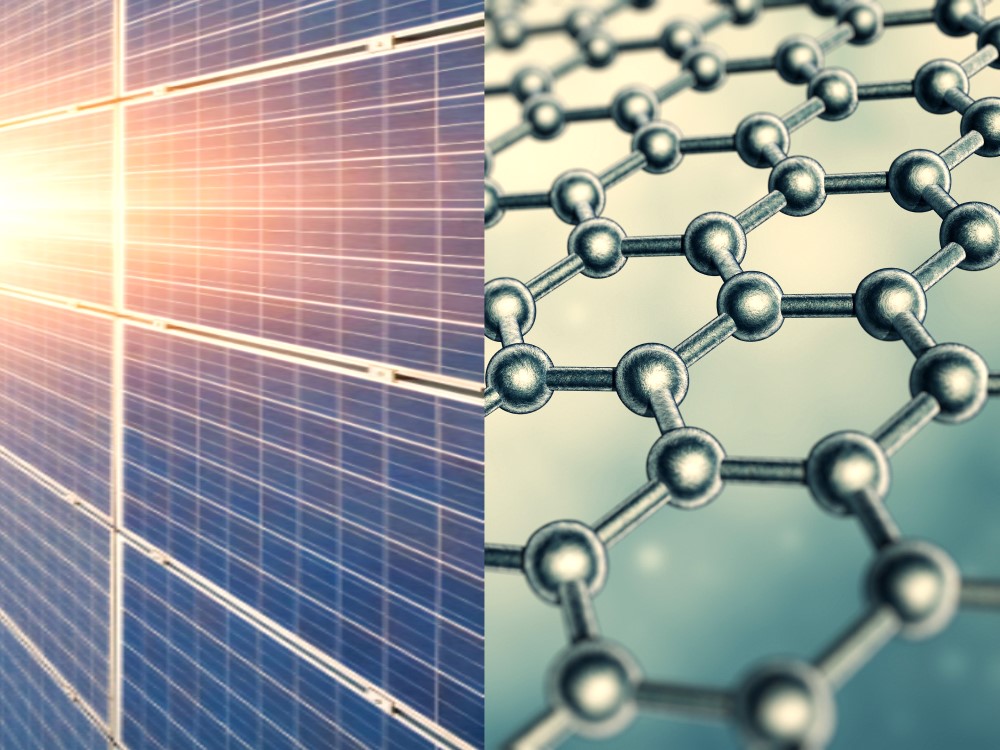Biomass Energy Conversion: Sustainable Power Solutions

Biomass Energy Conversion: Sustainable Power Solutions
Biomass Energy Conversion is a key player in the pursuit of sustainable and renewable energy sources. This article delves into the process of converting biomass into energy, exploring its environmental benefits, technological advancements, and its role in shaping a greener energy landscape.
Understanding Biomass Energy Conversion
Biomass Energy Conversion involves the transformation of organic materials, such as wood, crop residues, and animal manure, into energy. This process harnesses the stored energy within these materials, releasing it in the form of heat, electricity, or biofuels. Biomass, being a renewable resource, provides an alternative to fossil

